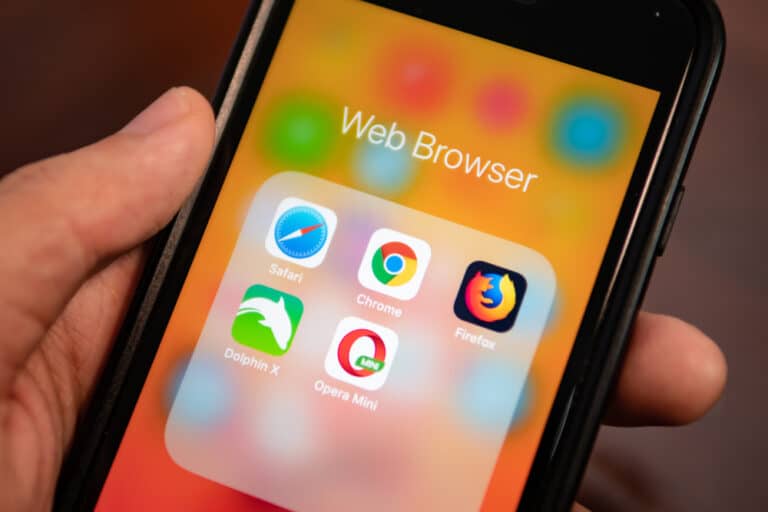The idea that web apps can be an alternative to iOS apps doesn’t make sense. That is what a Google developer suggests in rebuttal to an earlier claim by Apple as a contradiction in the various investigations into the company’s App Store policy.
In a blog post, Google developer Alex Russell talks about his frustrations developing websites and applications for iOS. He responds to a statement Apple made a month ago in response to an investigation by the Australian Competition Authority. The authority is investigating that it is only possible to install apps on iOS devices via the App Store. In doing so, app developers must comply with stringent requirements from Apple, such as using Apple’s payment system when making purchases within an app. Apple charges a commission of 30 or 15 per cent. However, Apple maintains that the company does not have a monopoly position, as there are other platforms with their own app shops, and web apps can also serve as an alternative.
WebKit consistently behind on other engines
Russell, however, has his doubts about that last argument. He complains that web apps are not feasible on iOS in particular, because Apple consistently lags behind when it comes to the latest developments in browser features. Alternatives are not an option either, as Apple only allows browsers based on their own WebKit engine. That effectively makes alternative iOS browsers little more than Safari with a shell.
“Apple’s iOS browser (Safari) and engine (WebKit) are uniquely under-powered. Consistent delays in the delivery of important features ensure the web can never be a credible alternative to its proprietary tools and App Store.”
Russell cites numerous examples of how the WebKit engine is sometimes years behind in implementing new web standards on Chromium Blink or even the Gecko engine that Firefox runs on. And once the new features are available, they often don’t work as well or as smoothly as in competing browsers. This isn’t a big problem on macOS since it’s easy to install an alternative browser there. The fact that this isn’t possible on iOS means developers often are forced to turn to the App Store to include all the features they want in their app.
Little performance difference compared to other browsers
The argument that Apple does not allow other browser engines for performance reasons does not hold water either, Russell argues. He says that after 20 years of fierce competition in the browser market, all browsers have already made nearly all the optimisations on the table. Further performance improvements now come from making concessions in functionality and performance. Russell points to the recent trend of “sleeping” tabs as an example.
Missing features needed for web apps
Russell shares a handful of features that WebKit is still missing, even though they would help the proliferation of web apps in Safari. He starts with support for push notifications. Without push notifications, many app features are simply not possible. Think of chat applications, news sites that share breaking news, and other applications.
Other misses include the lack of the possibility to use a button on a website to lock a web app to the home screen. It is possible to save a website to the home screen, but this can only be done via Apple’s menu. If a user does this manually, the icon cannot be adjusted with, for example, an indicator for unread messages. There are several other examples of functions in iOS apps that simply cannot be done in Safari web apps.
Alternative app stores are not available
The other claim Apple made against the Australian Competition Commission investigation was that other app shops could offer an alternative to the Apple App Store. This would require users to switch to another device. However, the European Commission has something to say about this. Last Friday, the EU officially accused Apple of distorting competition. The committee points to the fact that iPhone and iPad users are generally very loyal to their platform. As a result, they have no access to alternative app shops and are subject to the whims of Apple.
There are currently several investigations and lawsuits into Apple’s App Store policies. This week, Apple’s lawsuit against Epic Games was officially started. As soon as the results are available, you can read about them here.
